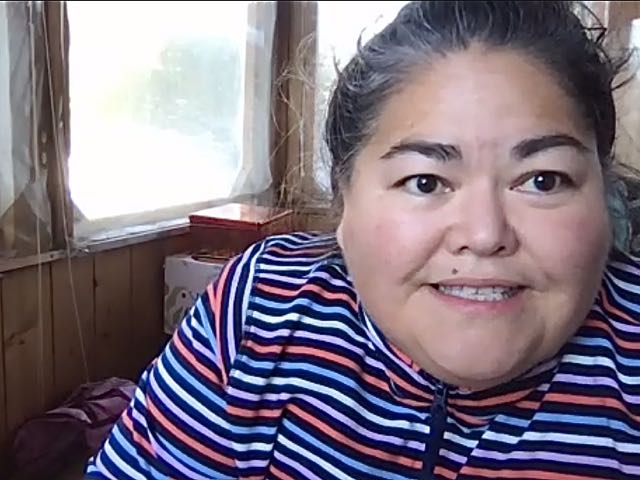Session Summary: 2021 Virtual Youth Advocacy Institute
Tyler Breen, Community Engagement Educator

With the twists and turns of this last school, it is more important than ever to have student voices and perspectives on the policies that impact their education. Students from across Alaska gathered virtually on February 6th and 7th for AASB’s annual Youth Advocacy Institute to look at policies and discuss the issues important to their communities. From Northwest Arctic Borough School District to Anchorage and Sitka to Unalaska, students engaged with senators, representatives, tribal government, and nonprofit leaders on a wide range of topics unique to their districts. Students discussed issues impacting them and their peers this year, mentioning key impacts from COVID.
Students voiced their concern for how academics are suffering and the ways in which school openings/closures create an unstable learning environment for them. That instability includes how access to a stable internet connection is hard in rural areas, making distance learning difficult to sustain. For both rural and urban students, focusing at home can be hard, and many said they feel disengaged. Students noted the impact on mental health, stating that supports are needed for students who are struggling with their workload and dealing with stress they are experiencing. Students sought out insight on policy approaches to addressing a wide range of issues, including:
1. Student emotional and mental health as impacted by COVID-19.
- Students’ social lives have been upended.
- Access to caring adults in an academic setting is harder to find
- The stress of everyday life in a pandemic has made it hard to go on with adapted school activities.
2. Access to safe drinking water.
- 31 Alaska Native communities across the state have no running water or sewage. In the face of COVID-19, communities without running water experience even higher health risks. Students were able to ask legislators about how policies can impact water access in their communities.
3. Changes to the ferry system limits opportunities for students.
- Students spoke to the necessity of the ferry system to bring much needed resources to isolated communities along with the difficulty presented with quarantines and increased risk of exposure to illness.
4. Safe school climate for all students.
- Inequalities show up (racism and other isms and microaggressions) and students cannot learn or feel safe enough to want to be at school.
- Increasing alcohol and substance use create a stressful school peer climate.
5. Road being built and impacts on subsistence and hunting.
- Students from the Northwest Arctic Borough brought up the proposed Cape Blossom Road project and the impacts it may have on their hunting grounds. As a source of both much needed subsistence hunting and the ecosystem that supports a way of life, the hunting grounds represent a deeply important part of their community.
Students brought forward thoughtful discussion questions to legislators Senators Shelley Hughes, Josh Revak, and Jesse Kiehl, as well as Representatives Geran Tarr, Andi Story, Harriet Drummond, and Jonathan Kreiss-Tomkins during a luncheon panel and discussion.
Students also spoke with President Peterson of the Central Council Tlingit and Haida Indian Tribes of Alaska, and La Quen Náay Liz Medicine Crow of the First Alaskans Institute. Students reviewed HB 19, would establish limited language immersion teacher certificates to allow for instruction in Alaska Native languages, and HB 45 addressing workers’ compensation claims from contagious diseases. Students looked at the potential impact from each bill and took a position stating why they did or did not support the bills or not. Using the experience of their own communities, each student drew attention to the effects of each bill.


Student voices bring such insight into our advocacy work. School board members can effectively bring forward issues that are impacting your students by inviting them to advocacy opportunities or to conversations with your school board. Consider asking your student representatives or other groups the questions below:
- What are the issues impacting your students ability to learn?
- Which students are most impacted? How can we support students to complete, pass and finish the school year?
- How can families and students get support if they are struggling?
- How are families and students supported to transition into the next grade?
- What do graduating students need to be prepared for post-secondary education or employment?
